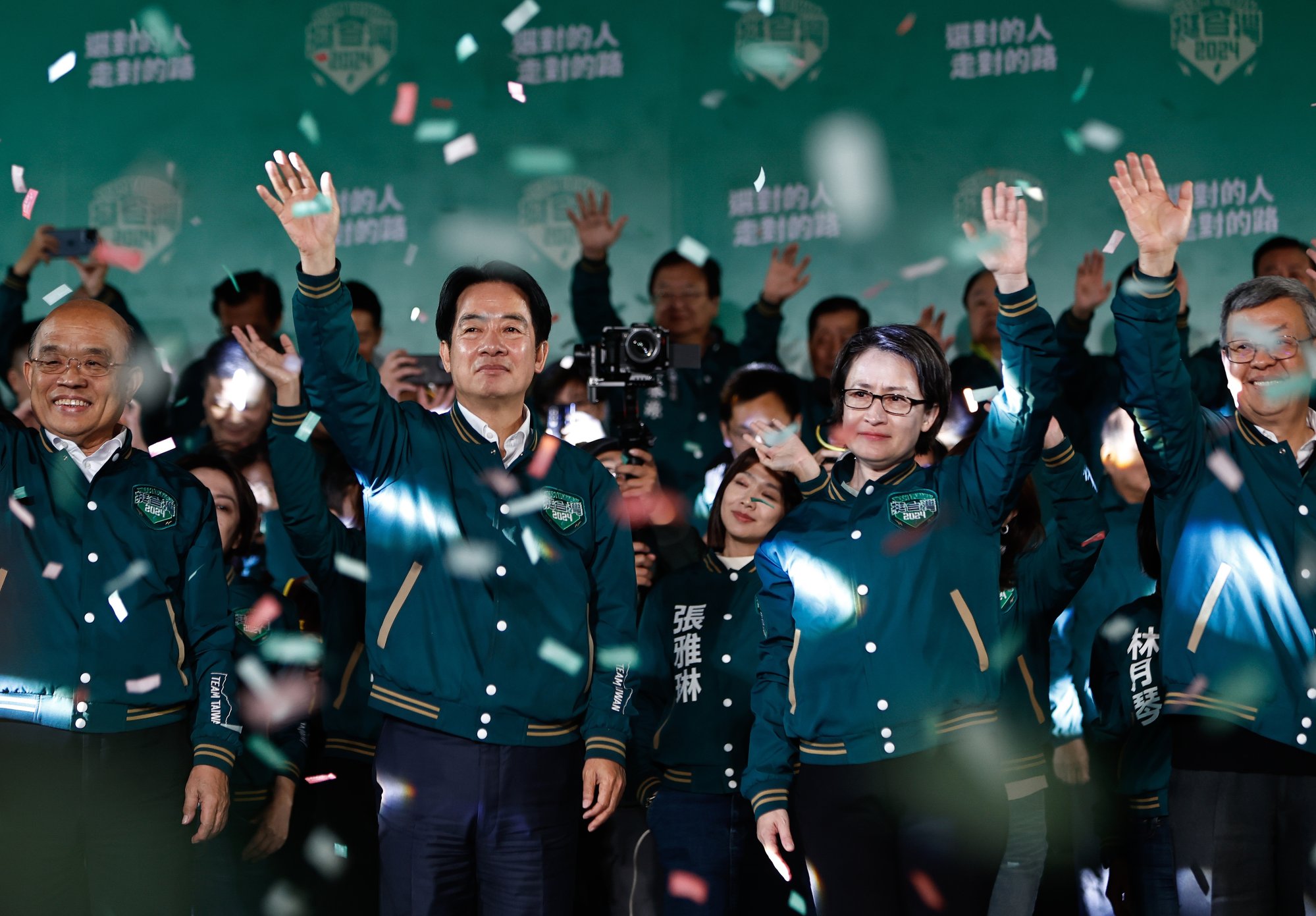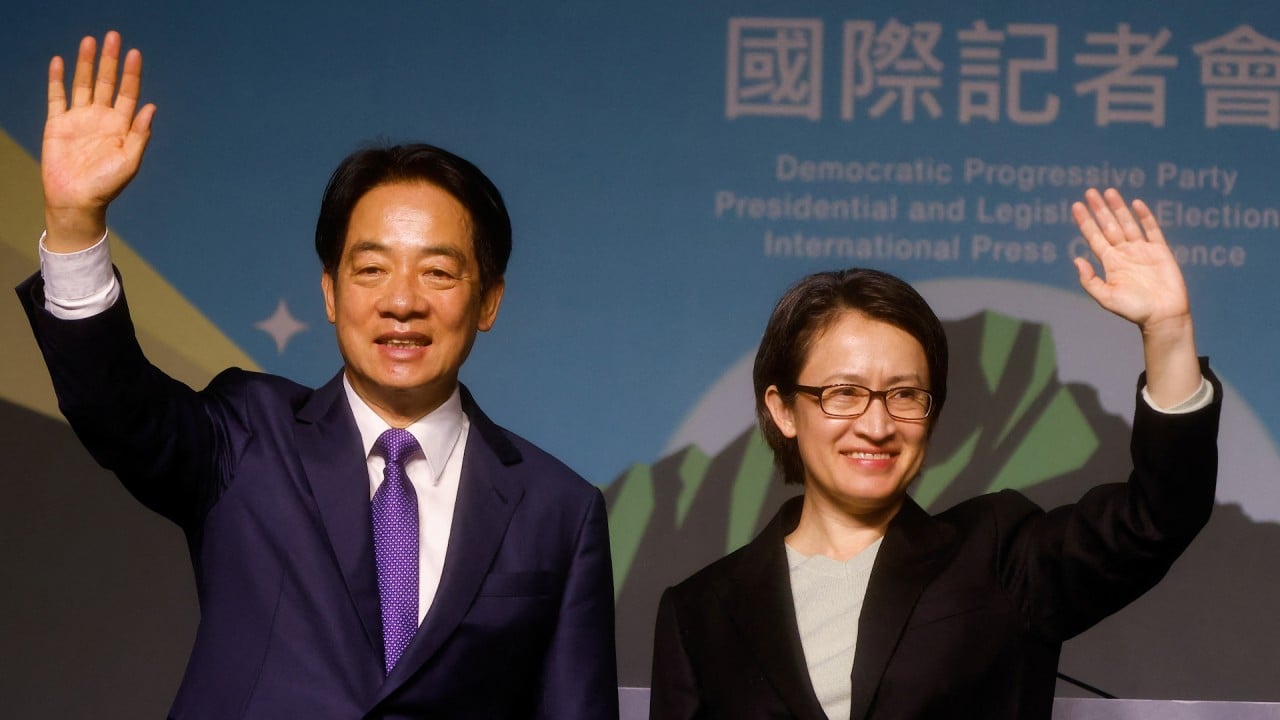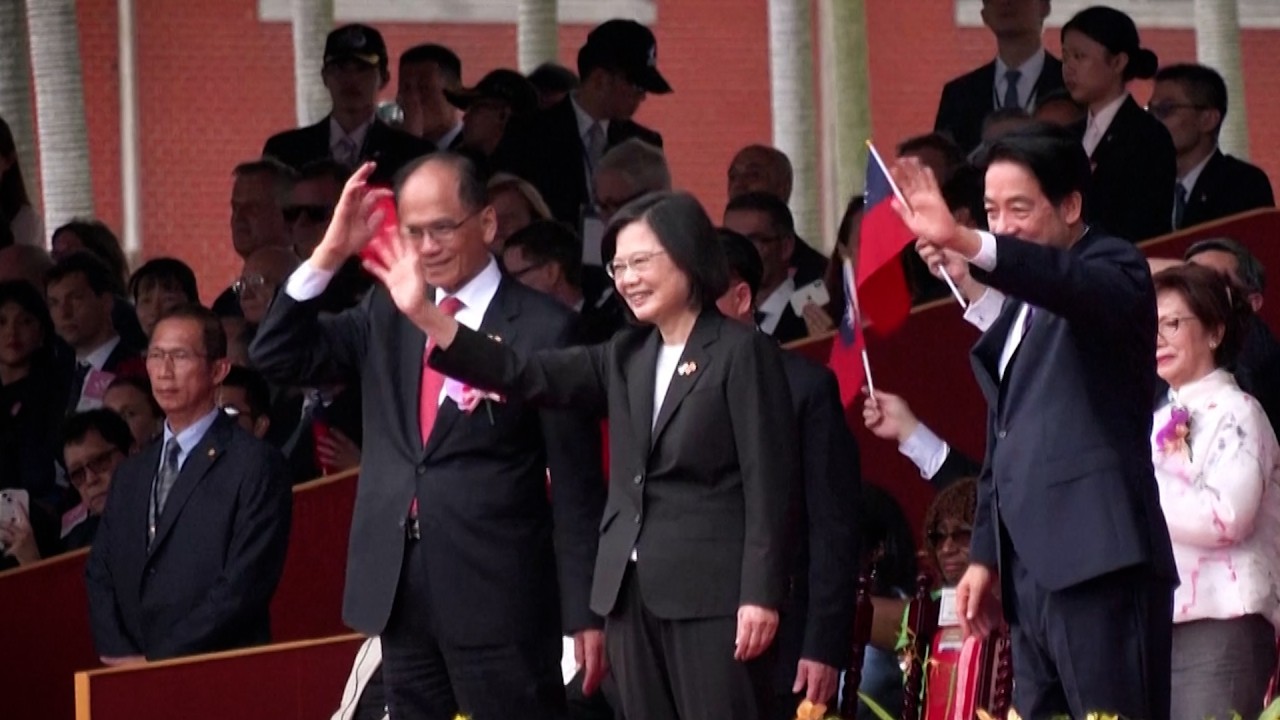US-China ties should not be ‘held hostage’ by Taiwan issue: Chinese political scientist and adviser to Beijing
“[Beijing] must make it clear to the world that the Taiwan issue is not an issue of democracy and freedom, but an issue of sovereignty that cannot be discussed”.
Zheng also said the US was mainly using Taiwan as a “bargaining chip … to contain China” but suggested that Washington and Beijing could find new shared interests.
“We must desensitise and cool down the Taiwan issue, reduce its weightage in Sino-US relations, and not let the issue hold the overall state of Sino-US relations hostage”, especially at a time when the rival powers were seeking to reset ties, he said.
“On a global level, China and the US have too many things and fields that require cooperation,” Zheng said. “Both sides currently have the will to stabilise bilateral relations and do not want to see the relationship be entangled by the Taiwan issue.”
Beijing sees Taiwan as part of China to be reunited by force if necessary. The US, like most countries, does not recognise Taiwan as an independent state, but is opposed to any attempt to take the self-governed island by force and is committed to arming it.
Beijing dials up Taiwan message after Blinken, US allies applaud William Lai
Zheng suggested Beijing explore a “salami slicing” approach to push for a peaceful reunification with Taiwan, while doing more to win over the island’s younger generations.
Zheng said while the US says it wants to maintain the cross-strait status quo, it “often supports and even pushes Taiwan to move in the direction of independence”.
So Beijing’s most effective countermeasure would be to use a salami slicing approach to promote gradual integration and reunification.

“Once Taiwan is pushed toward ‘independence’, we must also use this opportunity to take advantage of the situation and promote the cause of anti-independence and promotion of reunification,” he said.
Zheng’s views were published on the Chinese social media platform WeChat on Sunday. They had been compiled by a research team at the Institute for International Affairs, a Shenzhen think tank where he is president.
Our stance on … realising national reunification remains consistent, and our determination is as firm as a rock
Responding to the result within hours, Beijing’s Taiwan Affairs Office said the election would “not change the basic landscape and development trend of cross-strait relations”.
“It will not impede the inevitable trend of China’s reunification,” a spokesman for the official Chinese agency for cross-strait issues said.
“Our stance on resolving the Taiwan question and realising national reunification remains consistent, and our determination is as firm as a rock.”
The Chinese foreign ministry on Sunday also lodged a protest with the US after Secretary of State Antony Blinken congratulated Lai, saying Washington was sending a “gravely wrong signal” to “Taiwan independence separatist forces”.
Taiwan election: Lai’s victory risks further tensions with Beijing
Beijing’s ties with Washington hit rock bottom last year, and Taiwan’s interactions with top US officials were among the triggers. However, there have been growing efforts to revive US-China communication and cooperation.
Military-to-military dialogue has been restored following a landmark summit between Chinese President Xi Jinping and his US counterpart Joe Biden in November.
Zheng called for “major negotiations” to reposition the Taiwan issue in Sino-US relations so that it did not dominate exchanges, while arguing that Lai’s presidency could bring increased risks of cross-strait conflict.
He also warned of further alienation between people on either side if exchanges were not restored. Official cross-strait exchanges were shelved shortly after Tsai began her first term in 2016.
Zheng also urged Beijing to actively win over Taiwanese youth, describing them as a “key force in determining Taiwan’s future political direction”.
Younger Taiwanese may have a “weak sense of Chinese identity”, but they recognise that China is a world power and “do not necessarily insist on independence”, he said.
He said new media platforms such as Xiaohongshu and Douyin could be opened up to “change the identity” of Taiwanese youth, while promoting a “unilateral opening up” to attract them to study and work on the mainland.
“If more Taiwanese young people live in the mainland, they will naturally have a favourable impression of the mainland, which will give us the opportunity to create new heights in the cause of anti-independence and promotion of reunification.”

